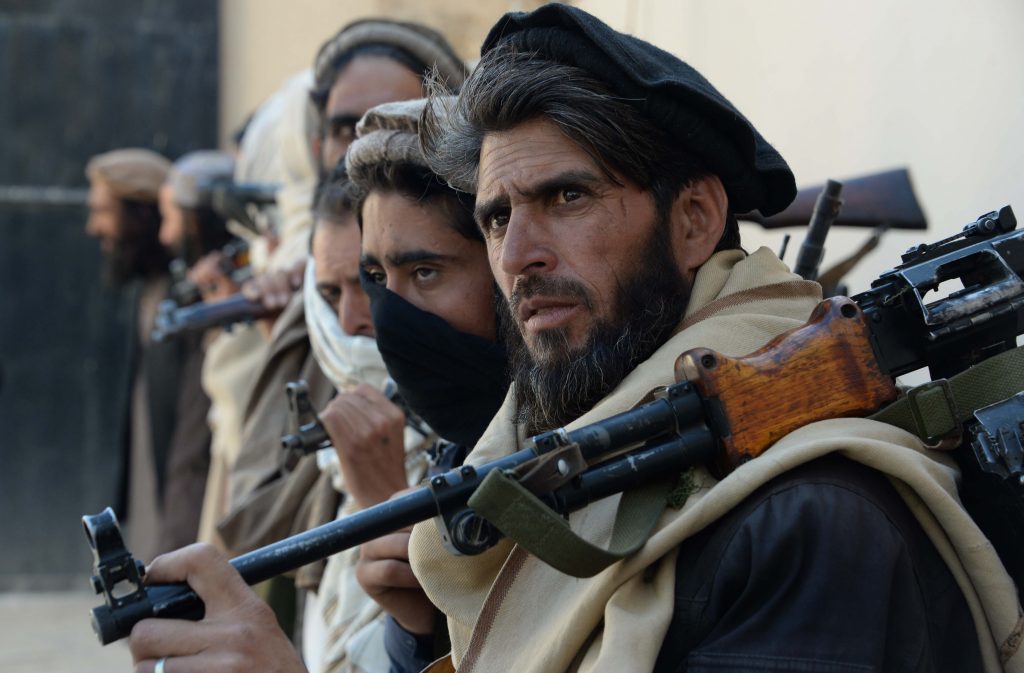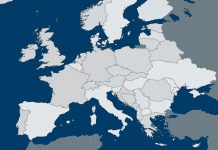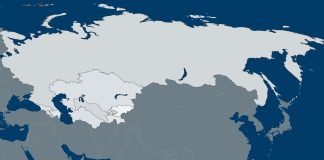By Kamran Bokhari
Russia’s involvement in Afghanistan is not new. Dealing with the Taliban, however, is. The Russians are well aware of the constraints they face, and it is unlikely they can bring an end to the war in the southwest Asian nation. However, Russia must try to manage the insurgency because of regional security threats and the need to gain leverage in dealings with the Americans.
Afghanistan is an old stomping ground of the Russians. It was a key area where the “Great Game” between Czarist Russia and Britain played out in the 19th century. In the 1920s, the Soviet Union was a key supporter of King Amanullah Khan, Afghanistan’s first ruler who tried to modernize the country. Soviet influence in Afghanistan grew under King Mohammad Zahir Shah in the ’50s and ’60s.
The logic of the Cold War continued to shape Moscow-Kabul relations during the republican regime of Sardar Mohammad Daoud Khan, president of Afghanistan from 1973-78. The Soviets had the closest ties with Afghanistan in the era of a Marxist regime from 1978-92. In the ’80s, Moscow militarily intervened with over 100,000 troops to support the communist government against Islamist insurgents backed by the United States, Saudi Arabia and Pakistan. The Kremlin maintained its ties to the country even after the fall of the Soviet Union and during the days of intra-Islamist civil war in the ’90s.
Former Afghan Taliban fighters turn in their weapons as part of a government reconciliation process in Jalalabad, on Feb. 24, 2016. NOORULLAH SHIRZADA/AFP/Getty Images
Also in the ’90s, the Russians backed certain Islamist factions they had fought during the ’80s to combat the Taliban, even as Russia maintained its own links to the jihadist movement. By the time the Marxist regime collapsed in April 1992 (three years after the Soviet military withdrawal and months after the implosion of the Soviet Union), the communists had been obliterated as a political force. For a while, the Russians were busy sorting out their own mess at home. But it wouldn’t be long before they were forced to pay attention to what was happening in Afghanistan, especially given the emergence of the Central Asian republics as independent states. Moscow had no choice but to side with the least radical of the groups.
Thus, Russia, in cooperation with Iran and India, backed the Northern Alliance rebels during the years of the Taliban regime, from 1996-2001. After the fall of the Taliban regime in the aftermath of 9/11, the Russians supported anti-Taliban forces. In fact, Russia provided an alternative supply route to NATO forces fighting the Taliban in the late 2000s when the main one running through Pakistan had become unreliable.
The Russians were intent on seeing the West do the heavy lifting in the fight against the Taliban. At the same time, Moscow was happy to see Washington embroiled in wars in the Muslim world because a United States bogged down elsewhere could do very little against a resurging Russia. In the past few years, the Russians have seen that Afghanistan is no longer important to the U.S. This has caused a shift in Russian thinking. On one hand, the Kremlin has been forced to get involved because the U.S. has scaled back its involvement. However, Russia has the additional benefit of inserting itself in an area of interest for the U.S. in hopes that it can increase its leverage over Washington.
As a result, Moscow has been moving toward enhancing relations with the Taliban. The latest move entails the governor of Afghanistan’s southern Farah province, Mohammad Asif Nang, claiming that Russia provided Taliban insurgents with sophisticated weaponry, Shamshad TV reported on Jan. 16. These weapons included 82mm mortars, night-vision devices and missiles. Nang added that it is unclear whether these weapons reached the Taliban via Pakistan or Iran. Nang’s comments are the latest and most specific indicators that Afghan officials increasingly believe that Russia has begun militarily backing the jihadist movement.
There is no definitive proof that Russia is supplying the Taliban with weapons. It may be that some weapons used by the jihadist militiamen are Russian. Afghanistan and the wider region are awash with weaponry. Certainly those weapons are obtainable on the black market.
But the issue is not weapons. Given that their insurgency has steadily been gaining steam, the Taliban are not hurting for weapons. It is also not in the interest of Russia to add more fuel to the proverbial fire. Russia’s interest is in limiting the spillover effect into Central Asia and inside its own borders. For this reason, Russia over the past year has become very open about its relationship with the Taliban. That relationship is largely diplomatic, although some intelligence-sharing takes place regarding the Islamic State, a common enemy.
On Dec. 27, a trilateral meeting was held in Moscow between senior Russian, Chinese and Pakistani officials. This was the third such gathering between the three countries to discuss the deteriorating security situation in post-NATO Afghanistan. Russian Foreign Ministry spokeswoman Maria Zakharova told journalists that the three sides agreed on a “flexible approach to remove certain [Taliban] figures from [international] sanctions lists as part of efforts to foster a peaceful dialogue between Kabul and the Taliban movement.” The Kremlin’s point man on Afghanistan, Zamir Kabulov, has been managing the developing relationship between Moscow and the Afghan jihadist group.
In a Dec. 31 interview with Turkey’s official press service, Anadolu Agency, Kabulov – a seasoned diplomat and a former KGB official with extensive experience in the country and with the jihadist movement – openly said that with the exception of certain elements, the Taliban’s core represented an Afghan national force. The implication is that the Taliban need to be distinguished from al-Qaida and IS. The Russian view is that despite the fluidity within the broader jihadist space, the Afghan jihadist group does not have transnational aspirations. It is important to keep in mind that this is also the U.S. position, which would explain U.S.-Taliban negotiations that have taken place in recent years but yielded no success.
Therefore, the question is why is Russia engaged in a diplomatic process that it knows the U.S. has failed at? Given their far greater historical interactions with Afghanistan, the Russians are unlikely to be under any illusion about Afghanistan. Of all great powers that have dealt with Afghanistan, the Russians know too well how difficult a country it is to pacify. But unlike the U.S., the Russians cannot simply ignore it given that the country sits on the southern flank of a major Russian area of influence.
The Russians are not bound by Western ideals of democracy and freedom that limit the extent to which the U.S. can work with the Taliban. The Russians also are not as invested in the Afghan state. The Russians will continue to work closely with the Taliban in the hope that the relationship will allow Russia to counter IS and other Islamist militants. Meanwhile, Afghanistan, while not as important as Syria to the U.S., is still a place in which Washington is invested. By getting involved in a country with about 10,000 American troops, the Russians hope to enhance as much as possible their leverage over the United States. Improving relations with the Taliban gives Moscow the ability to increase its bargaining position in its broader dealings with Washington.
It is ironic how geopolitics has forced the Russians to go from fighting jihadis in Afghanistan to aligning with them.








 Special Collection – The Middle East
Special Collection – The Middle East